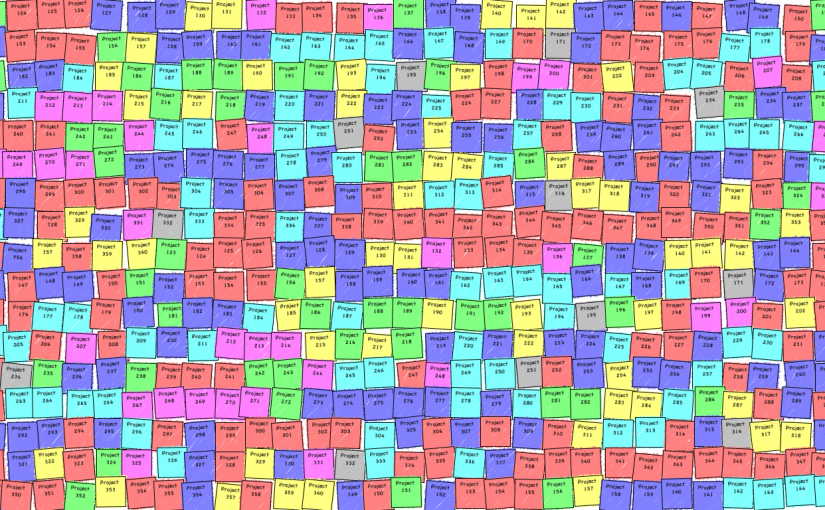Category: Organisational Design
-

Scaling Change
Once upon a time, scaling production may have been enough to be competitive. Now, the most competitive organisations scale change to continually improve customer experience. How can we use what we’ve learned scaling production to scale change? I recently presented a talk titled “Scaling Change”. In the talk I explore the connections between scaling production, sustaining…
-

Scaling Change Spoiler
When software engineers think about scaling, they think in terms of the order of complexity, or “Big-O“, of a process or system. Whereas production is O(N) and can be scaled by shifting variable costs to fixed, I contend that change is O(N2) due to the interaction of each new change with all previous changes. We could…
-

The life-changing magic of tidying your work
Surprise! Managing work in a large organisation is a lot like keeping your belongings in check at home. Get it wrong at home and you have mess and clutter. Get it wrong in the organisation and you have excessive work in progress (WIP), retarding responsiveness, pulverising productivity, and eroding engagement. Reading Marie Kondo’s The Life-Changing…
-

Concrete Culture Change
Culture is often difficult to define, and culture change even more so – what concrete actions do we need to take to change a culture? Despite this apparent difficulty, it is possible to spend an hour or two with a group, and leave with consensus on practical actions for culture change. This exercise achieves that…
-

Health Hack Perth 2015
HealthHack is a three-day event bringing medical researchers and health practitioners together with software creators to prototype a new generation of health products. Business News Western Australia covered the Perth 2015 event in: HealthHack – ailments, remedies in equal doses. I helped organise this event with assistance from sponsors ThoughtWorks and Curtin University (among numerous other generous…
-

Arguments with Agency
Here are slides from my talk at LASTconf 2015. The title is “Bring Your A-Game to Arguments for Change”. The premise is that there are different types of arguments, more or less suited to various organisational and delivery scenarios, and the best ones have their own agency. In these respects, you can think of them like…
-

Your Software is a Nightclub
Why a nightclub? Well, it’s a better model than a home loan. I’m talking here about technical debt, the concept that describes how retarding complexity (cost) builds up in software development and other activities, and how to manage this cost. A home loan is misleading because product development cost doesn’t spiral out of control due to missed interest payments over…
-

Dumbbell Delivery; Antifragile Software
Not online fitness shopping. Not the brogrammer pumping iron. This is a brief discussion of Antifragile – the latest book by Nassim Nicholas Taleb – and relevant insights for software delivery or other complex work. This isn’t meant to be an exhaustive exploration of the topics. It’s more a join-the-dots exercise, and it’s left up to the…
-

Narrative Visualisation Tools
I use narrative visualisations a lot. I like to frame evidence so that it commands attention, engages playful minds, and tells its own story (see also Corporate Graffiti). I’ll put new tools on GitHub as I create them. Here are three to start. Visualising Stand-Up Attendance I used the Space Invader metaphor with a busy leadership team…
-

Visual Knowledge Cycles
Visualisation is a key tool for the management of knowledge, especially knowledge from data. We’ll explore different states of knowledge, and how we can use visualisation to drive knowledge from one state to another, as individual creators of visualisation and agents within an organisation or society. (There’s some justifiable cynicism about quadrant diagrams with superimposed crap circles. But, give me…